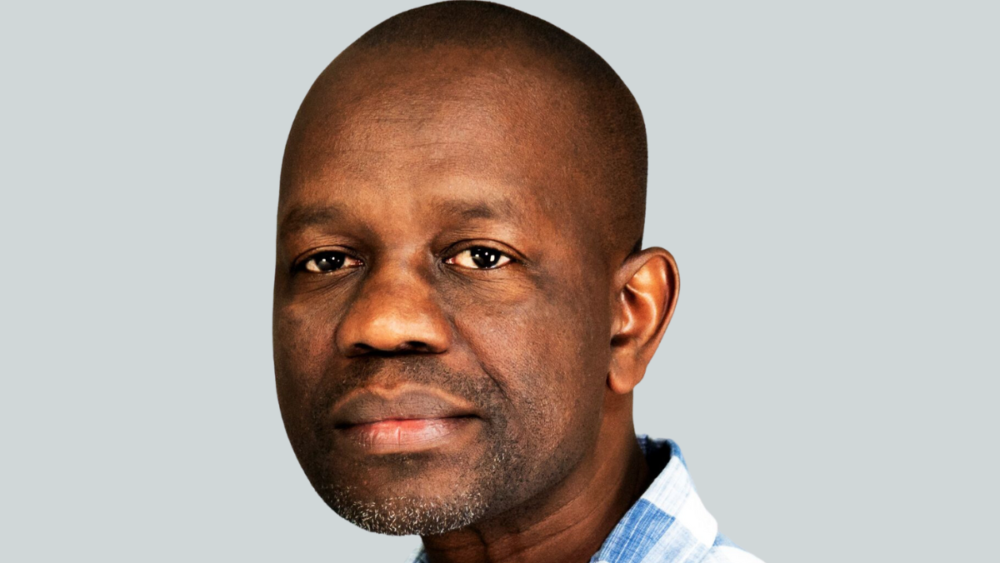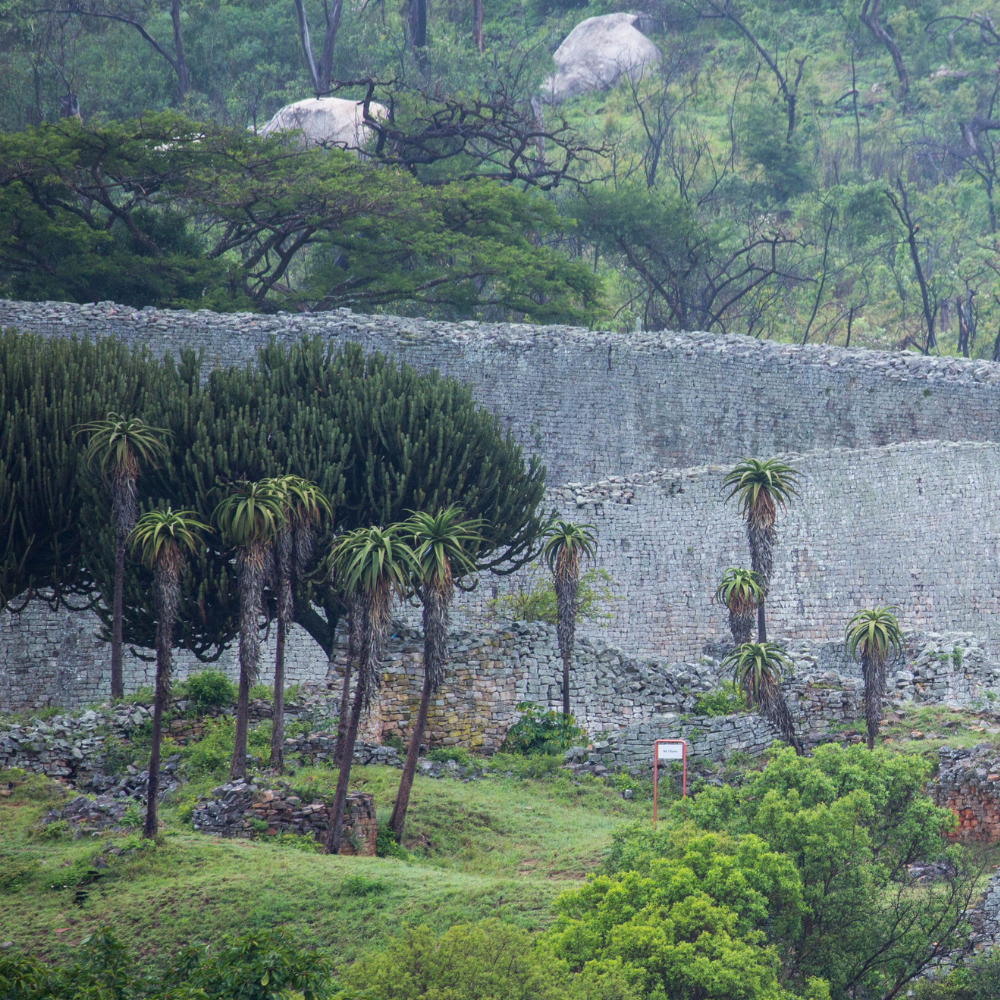
‘‘Home is Where One Is’’ – A Review of Andrew Chatora’s Where the Heart Is
Andrew Chatora’s new novel, Where the Heart Is, tackles a very important issue, namely the experiences of those in the diaspora. Invariably, there is an unmitigated longing for the familiar comforts of ‘home’. However, the identity and location of ‘home’ are fiendishly complex matters. For some, ‘home’ denotes their current physical location. For others, ‘home’ equates to the country of their birth and initial upbringing. These polarities find excellent expression in Chatora’s second book, and they chip away at the fabric of the protagonists’ judgment and relationships. In the end, ‘home’ is where one is. Fari Mupawaenda the narrative’s central character toys with a homecoming of sorts but stark economic and health exigencies compel him to leave ‘home.’ However, the matter does not rest there. Fari’s eventual homecoming takes a morbid and final turn – an event which was marked with little if any ceremony. Where the Heart is raises compelling questions relating to identity and place. These cardinal questions are not capable of a settled answer, but they received prominent attention in the book.
Where the Heart is raises themes of a different but important order of which human trafficking is quite prominent. Here, the distinction between villains and victims becomes quite nebulous. Deceit and physical need reign supreme until everything is unravelled. Because of the relevant characters’ ingrained sexual incontinence and lack of self-awareness, matters take an almost farcical twist.

A sublime read. Chatora offers a vibrant new voice in African Literature.
The diaspora challenges accepted local wisdom on the formation and prosecution of personal relationships. Convenience replaces the value of probity with the usual consequences. Chief among these is Fari’s ability to lurch from one poor choice to the next. These shifting sands plague filial relationships too. In a foreign world what is sexually appropriate for one’s children is mired in controversy. Fari’s relationship with his children is shaped by matters relating to sex and sexuality – a recipe for disaster.
Fari’s relationship with his children is shaped by matters relating to sex and sexuality – a recipe for disaster.
Another subtle but important theme in the book concerns the inability of some men to adapt to the new social realities. Fari and Maidei inhabit a universe in which mutual respect and affection is negotiated on crude patriarchal norms. Initially, Fari sees himself as the head of the house who should control his family and whose word is final. However, for women, the diaspora brings freedom, and this is brought out palpably through the portrait of the mercurial Madei, Fari’s estranged wife. A woman ceases to be one of her husband’s chattels. She has agency and can make choices relating to her future. At a lesser, level the fluidity of ‘being’ in the diaspora gives rise to frayed personal relationships in which monogamy is dispensable and various short-term liaisons reign supreme. Even basic and prudent financial decisions including financing the purchase of a house become intense but unnecessary battlegrounds. These disturbed bonds and conflicts percolate into filial relationships and generate mistrust and misgivings.
Chatora’s latest offering is to be congratulated for handling numerous big themes deftly and without judgment. The characters become strange partners in a journey of self-destruction and misplaced priorities. There is a raw honesty in the book and the sensitivity to detail is excellent. Where the Heart Is, is highly recommended. It will appeal to numerous audiences including observers of some of the less than salutary effects of migration on established social norms. It also provides an immediate perspective on how to identify the physical location.
Originally published in This Is Africa. All Rights Reserved.





